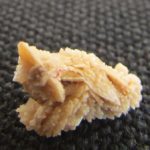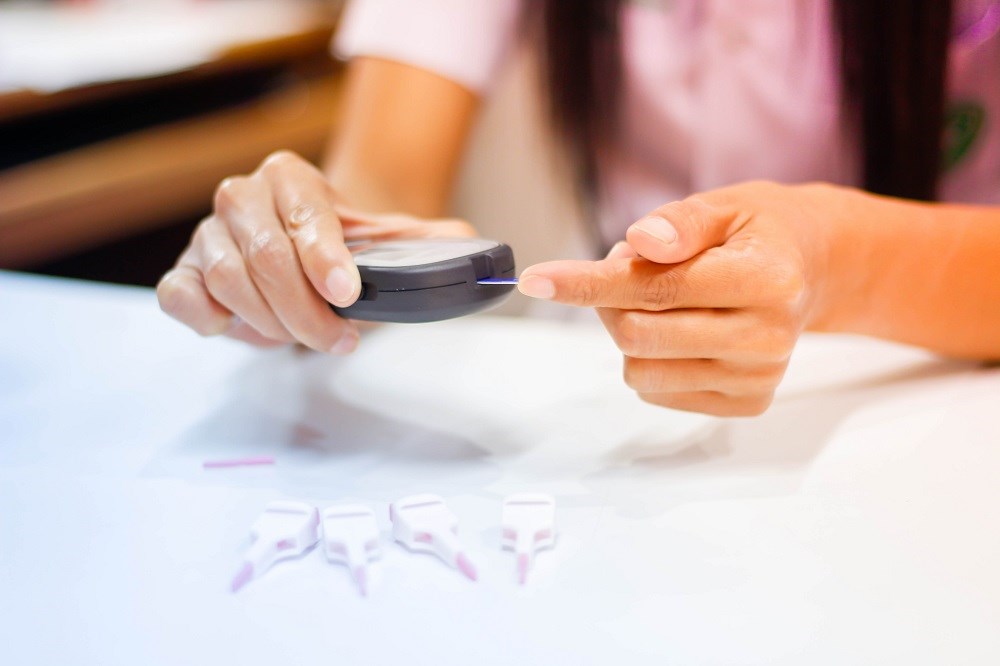
In a small study, men on androgen deprivation therapy for prostate cancer lost weight and experienced improved hemoglobin A1C and lipid profiles.
Patients on androgen deprivation therapy (ADT) for prostate cancer may be able to ease the adverse effects of the treatment by adhering to a low-carbohydrate diet (LCD) plus walking, new findings from a small study suggest.
In a randomized trial of 42 men on ADT, those who followed this regimen—which consisted of limiting carbohydrate intake to 20 grams per day or less and walking for at least 30 minutes for 5 days or more—experienced significant weight loss and improved hemoglobin A1c and lipid profiles compared with controls who maintained their usual diet and exercise patterns.
“If confirmed in larger studies, a low-carbohydrate diet may be a good option for men to avoid the side effects of hormonal therapy,” lead investigator Stephen J. Freedland, MD, of Cedars-Sinai Medical Center in Los Angeles, told Renal & Urology News. “At the least, it is a potent means to lose weight with no clear increased risk of adverse effects due ADT or no negative effects on PSA control. Future studies are planned to combine a low carbohydrate diet with exercise to see if we can achieve even greater responses.”
For the study, investigators randomly assigned 20 patients to the LCD/walking group and 22 to the control group. The primary outcome was change in insulin resistance at 6 months.
At 6 months, insulin resistance decreased by 4% in the intervention group and increased by 36% in the control group, but the difference was not statistically significant, Dr Freedland’s team reported in Prostate Cancer and Prostatic Diseases. The investigators said the study was underpowered to detect a difference because of poor study accrual, which resulted in a smaller-than-planned study population.
The intervention arm, however, did experience a significant 36% improvement in insulin resistance at 3 months compared with controls.
Also at 3 months, patients in the LCD/walker group experienced significant weight loss (median 7.8 kg) and a median 3.3% decrease in hemoglobin A1c, 13% improvement in high-density lipoprotein, and 37% decrease in triglycerides compared with controls. At 6 months, the median weight loss in the intervention arm, relative to controls, was 10.6 kg and median increase in HDL was 27%. The study found no significant difference in PSA levels between the groups.
In addition to the small sample size, study limitations included an inability to distinguish the effect of the LCD from the walking advice or from weight loss, the authors noted.
Another limitation was early discontinuation due to slow patient accrual. They had planned to enroll 100 patients, but instead only enrolled 45, of whom 3 were dropped because they met exclusion criteria or withdrew.
The precise reasons for the low accrual are unknown, they said. “Some patients refused to participate in the study because they consider dietary intervention as an additional burden despite the potential benefit,” Dr Freedland and his colleagues stated. “On the other hand, some refeused to participate because of the possibility of being randomized to the control group. Transportation to clinical site due to distance was also a barrier for some.”
Reference
Freedland SJ, Howard L, Allen J, et al. A lifestyle intervention of weight loss via a low-carbohydrate diet plus walking to reduce metabolic disturbances cause by androgen deprivation therapy among prostate cancer patients: carbohydrate and prostate study 1 (CAPS1) randomized controlled trial. Prostate Cancer Prostate Dis. 2019; published online ahead of print.





